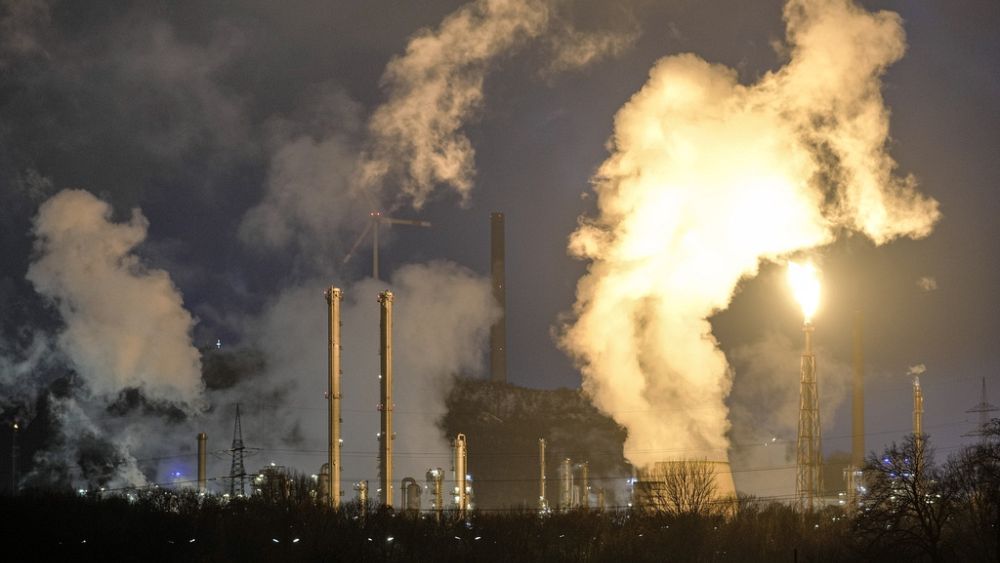German justice on Thursday condemned the government of Olaf Scholz for its insufficient action in climate protection, an embarrassing verdict for the chancellor who is preparing to participate in COP 28.
The Administrative Court of Berlin-Brandenburg forced him to take measures “emergency” to reduce greenhouse gas emissions in transport and buildings, which generate 20% and 30% of the CO2 released in Germany respectively.
“The federal government is required to make a decision to implement an emergency program” in these two sectors, the judges indicated.
This first instance judgment was rendered after a request from the German environmental associations DUH and BUND. However, it is not immediately applicable, as the government can appeal.
NGOs, who accused Olaf Scholz’s government of inaction in the fight against global warming, welcomed this decision.
“The court made it clear that the government must respect its own climate targets,” said BUND spokesperson Antje von Broock.
Emergency programs
In detail, the associations believed that the government had not put in place the emergency programs necessary in recent years to reduce emissions in buildings and transport.
German climate protection legislation provides for a maximum permitted CO2 emissions for each sector.
If these ceilings are exceeded, the ministries concerned must submit an emergency program within three months to reduce volumes.
In the transport sector, the authorized emission levels for 2021 were, for example, exceeded by 3.1 million tonnes of greenhouse gas emissions, as well as by 2.5 million tonnes in construction, according to official figures.
However, the associations believed that the measures put in place by the ministries had not “not enough”.
In transport in particular, “they only made it possible to close 5% of the gap” between actual emissions and the maximum allowed by law, DUH environmental activist Jürgen Resch told AFP.
The associations are therefore calling for the implementation of concrete measures, such as a speed limit on motorways, in a country which does not yet have one or the elimination of subsidies. “harmful for the climate”.
The government considered that it had filled “80%” of the gap by 2030 with its new climate law, presented in June, containing a multitude of measures, on heat pumps and wind turbines, including the expansion of the hydrogen network.
But the Court considered that a “emergency program” must contain “effective short-term measures” In “the sector concerned”, and not a program “multi-sectoral and multi-annual” like the law in question.
Disavowal
In the wake of the ruling, the Ministry of the Economy declared that it “took note” arguments of the Court, that it “will analyze in detail” before making a decision on “the follow-up to be given to the procedure”.
But this judgment is a serious disavowal for the government of Olaf Scholz, while the chancellor must go to COP28 in Dubai on Friday.
“Right the week the Climate Conference begins in Dubai, it’s a fatal signal”lamented Andreas Jung, spokesperson for the conservative CDU opposition on climate issues.
Especially since the German coalition is already grappling with a decision from the Constitutional Court which canceled 60 billion euros of investments, for the climate in particular, further limiting its room for maneuver.
In 2021, Germany’s highest legal body had already ruled in favor of environmental associations, judging the 2019 climate protection law insufficient.
This judgment forced the government, at the time led by conservative Angela Merkel, to adopt a more ambitious climate law.
Germany now plans to reduce its greenhouse gas emissions by 65% by 2030 compared to 1990, compared to 55% previously, then by 88% by 2040, with the aim of achieving carbon neutrality. in 2045, five years earlier than expected. Olaf Scholz’s coalition added the requirement to reach 80% renewable electricity by 2030.



